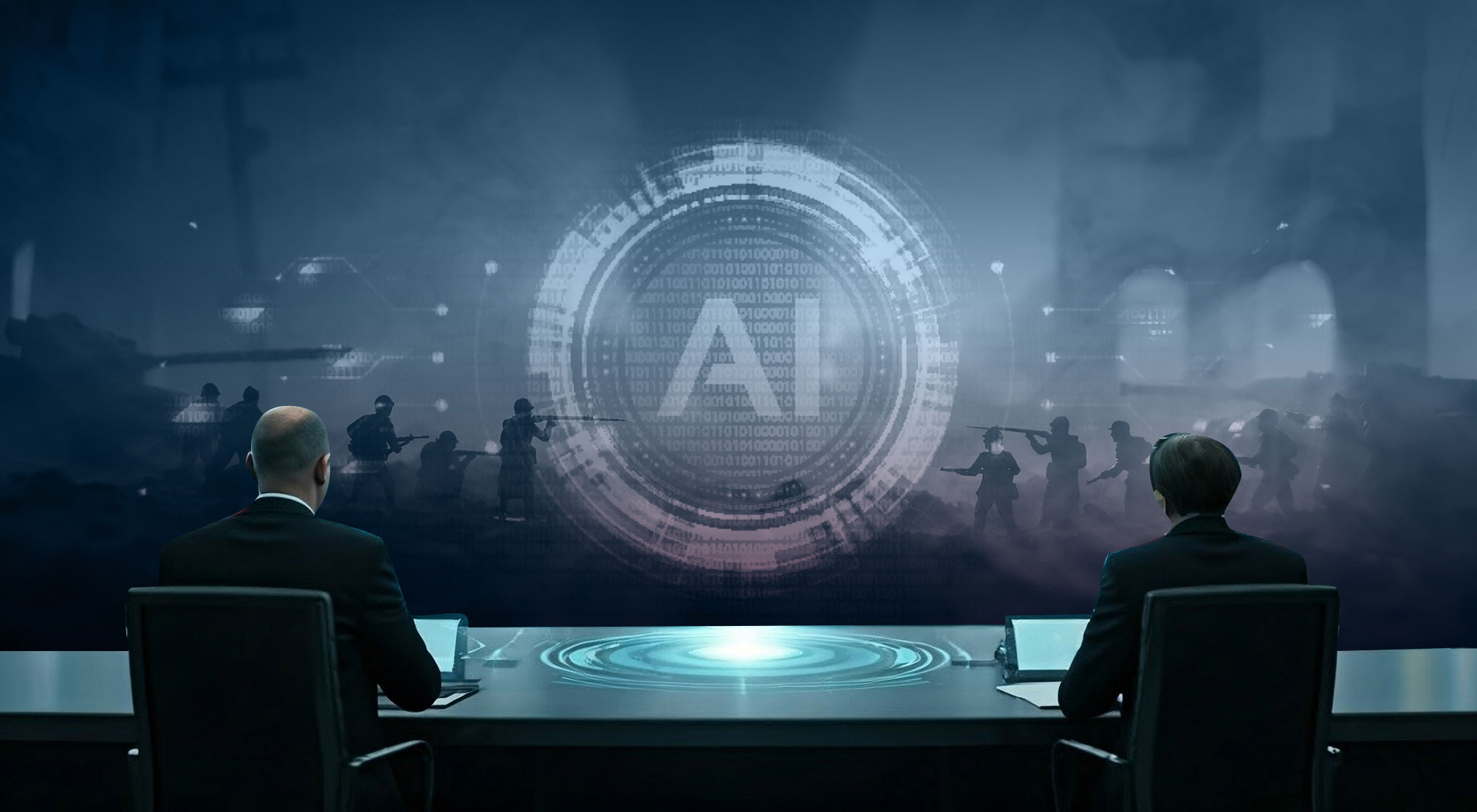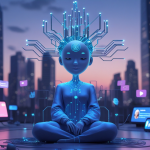Introduction
Artificial Intelligence is rapidly transforming from a technological achievement into a powerful instrument of international influence. Nations now use AI to strengthen economies, monitor security threats, and shape foreign policies. The ability to process vast amounts of data has turned machine learning into a strategic resource, as vital as oil or trade.
This shift has sparked both innovation and competition on a global scale. Governments, corporations, and even celebrities are weighing in on how this technology should evolve. From the corridors of power to social media platforms, AI is now the center of a worldwide conversation about control, ethics, and human identity in a digital world.
Technology and the Rise of Global Influence
The rise of AI has changed how nations project power and build alliances. Predictive analytics help leaders anticipate crises, while automated intelligence supports faster policy decisions. Countries investing heavily in AI infrastructure gain an advantage in defense, trade, and cyber governance. In this sense, technology has become a new form of diplomacy, with algorithms shaping negotiations as much as human envoys once did.
However, this digital advantage is unevenly distributed. Wealthy nations dominate the research and hardware that make advanced AI possible. Developing countries are struggling to access the same capabilities, creating a widening technological divide. As global influence becomes more data-driven, inequality risks turning into a new form of geopolitical tension.
Celebrities as Voices in the AI Debate
Public figures are increasingly using their platforms to speak about AI’s growing influence. Elon Musk has repeatedly warned that unchecked development could threaten humanity, while actors like Scarlett Johansson and Keanu Reeves have questioned how AI-generated likenesses affect art and privacy. Their voices bring urgency to conversations that might otherwise remain confined to experts and policymakers.
This engagement from the entertainment world reflects a cultural awakening to the power of algorithms. Celebrities, through their global reach, help translate technical concepts into human concerns—about creativity, ethics, and autonomy. By doing so, they push audiences to think beyond convenience and innovation, urging accountability from the companies driving the AI revolution.
Political Reactions to the Digital Economy
Governments across continents are scrambling to create frameworks that ensure AI serves society rather than dominates it. The European Union’s proposed AI Act seeks to regulate high-risk applications, demanding transparency and human oversight. It is one of the first large-scale attempts to control how algorithms operate in public life. Supporters believe it can become a model for responsible governance in the digital century.
In contrast, countries like the United States have taken a more market-driven approach, prioritizing innovation over strict regulation. This difference in strategy highlights a deeper philosophical divide between data freedom and data protection. Meanwhile, nations in Africa and South America face challenges in accessing the technology altogether, underscoring the global imbalance in the digital economy.
The Global Impact of AI and Social Media
Artificial Intelligence now drives the algorithms behind social media platforms that shape elections, protests, and cultural trends. Political campaigns increasingly depend on AI tools to analyze public opinion and target specific demographics with tailored messages. While this efficiency enhances outreach, it also raises concerns about manipulation and privacy in democratic systems.
The international implications are equally serious. Disinformation campaigns powered by AI have already influenced global politics, eroding public trust in media institutions. As societies become more interconnected through digital channels, the power to shape online narratives becomes a potent form of soft power—one that can alter global perceptions in subtle yet profound ways.
Innovation Meets Diplomacy: The New World Order
The age of AI diplomacy is here. Nations that master artificial intelligence command greater respect and negotiation leverage on the world stage. Governments are now embedding AI expertise within diplomatic missions, allowing data to guide everything from trade agreements to climate policy. This fusion of technology and governance is reshaping the principles that once defined international relations.
Yet this new world order also carries risks. As states race to outpace one another technologically, cooperation becomes harder to achieve. Without global standards or trust, the potential for digital conflict grows. AI could unify nations through shared progress—or divide them through mistrust and technological disparity.
FAQs
What role does AI play in modern diplomacy?
AI helps governments analyze data, forecast events, and optimize decision-making in global negotiations.
Why are celebrities involved in AI discussions?
Their influence draws attention to complex ethical issues, helping the public understand how AI affects creativity and privacy.
How are countries regulating artificial intelligence?
Approaches vary widely. The European Union favors strict oversight, while others emphasize innovation and competition.
Can AI influence elections and political movements?
Yes. Algorithms are now central to campaign strategies, capable of shaping public opinion through personalized messaging.
What challenges do developing nations face with AI?
Limited access to resources and infrastructure leaves many unable to compete in the growing AI economy.
Conclusion
Artificial Intelligence has become the defining tool of the 21st century’s global order. It influences diplomacy, media, and policy with a reach that surpasses traditional power structures. From government offices to online platforms, AI’s presence in decision-making marks a profound transformation in how humanity governs itself.
The question now is whether this power will be used to strengthen cooperation or deepen divides. As nations, industries, and individuals continue to navigate this digital frontier, the responsibility to ensure AI serves humanity—not the other way around—will shape the balance of power for generations to come.








